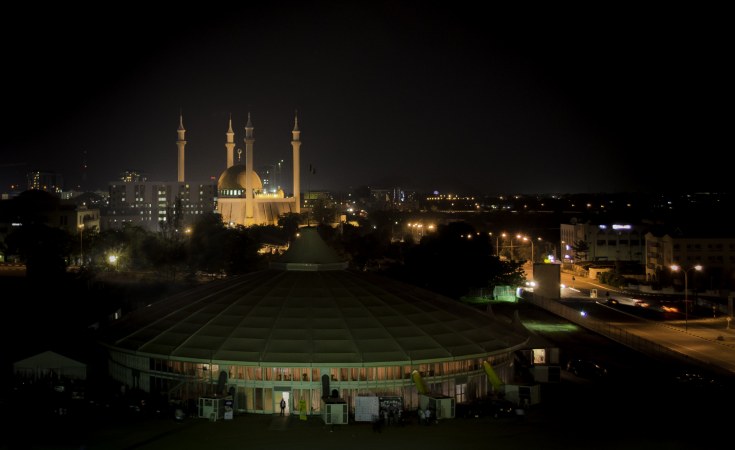"The outlook revision reflects our view that Nigeria's debt servicing capacity has weakened due to high fiscal deficits and increased external pressures," it said.
S&P Global Ratings on Friday affirmed Nigeria's 'B-/B' long and short-term foreign and local currency sovereign credit ratings by revising its outlook on the West African nation to negative from stable.
The rating comes after Moody's Investors Service, another global credit rating agency, downgraded Nigeria's rating further at Caa1, saying it expects the government's fiscal and debt position to worsen as the government grapples with far-reaching fiscal strain.
A credit rating is used by sovereign wealth funds, pension funds and other investors to gauge the credit worthiness of a country.
The new rating shows that the country's financial situation varies noticeably, with a slight change in its investment grade.
S&P said it's negative outlook reflects increasing risks to Nigeria's debt servicing capacity over the next one-to-two years due to intensifying fiscal and external pressures.
According to the rating agency, the outlook revision reflects its view that Nigeria's debt servicing capacity has weakened due to high fiscal deficits and increased external pressures.
"These stresses stem from low (albeit recently rising) oil production volumes, large refined-petroleum subsidy costs, high debt service expenditure, and a relatively large planned fiscal deficit in the 2023 budget," the agency said.
"The economy is estimated to have expanded by about 2.8 per cent in 2022 and we forecast real GDP to average 3.1 per cent in 2023-2026. Below-capacity oil production will likely continue to affect export growth, while inflationary pressure, fiscal constraints, and sluggish investment will weigh on consumption and investment growth. However, these factors are likely to be partially counterbalanced by a new, potentially more business-friendly administration after the elections."
The agency sees pressures arising from low oil production volumes, which have recently been rising. Oil production, including condensates, averaged about 1.37 million barrels per day last year, according to S&P.
It cites pressure from the low oil production in the country (including condensates) which averaged about 1.37 million barrels per day in 2022, below the budgeted 1.60 mbpd, and below Nigeria's OPEC production quota of 1.8 mbpd.
"Significant underperformance of oil revenue in 2022 and higher debt service expenditure support our view that the government's financial commitments appear strained unless there is credible fiscal consolidation after the elections," it said.
To cut refined petroleum subsidies, S&P said it anticipates a substantial increase in refining capacity as a large refinery, owned by the Dangote group, is to start large-scale production by March 2023.


